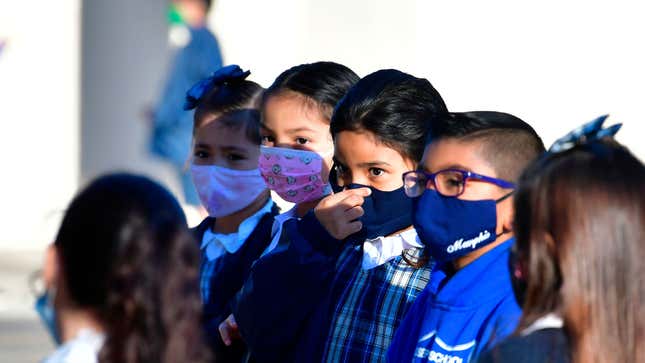For Kids From Low-Income Families, the Pandemic Has Made Everything More Difficult
Latest

According to the Center for Disease Control and Prevention, there has been a 24% spike in mental health-related emergency room visits among children between the ages of 5 and 11 across the nation since March. For kids between 12 and 17, the rate increased by 31%. Although experts believe that many children will likely recover from the difficulties and regressions of physical isolation and remote learning, they worry that kids from low-income families who are struggling to cope with the instability of the pandemic will face even more serious obstacles to recovering.
-

-

-

-

-

-

-

-

-

-

-

-

-

-

-

-

-

-

-

-

-

-

-

-

-

-

-

-

-

-

-

-

-

-

-

-

-

-

-

-








































